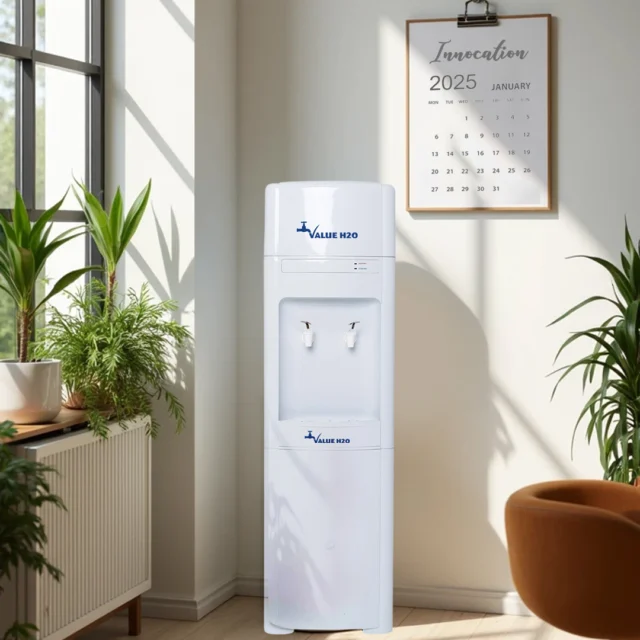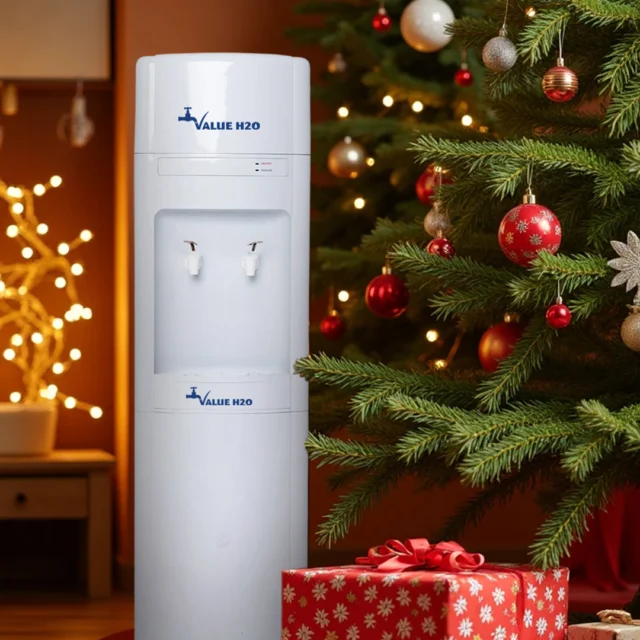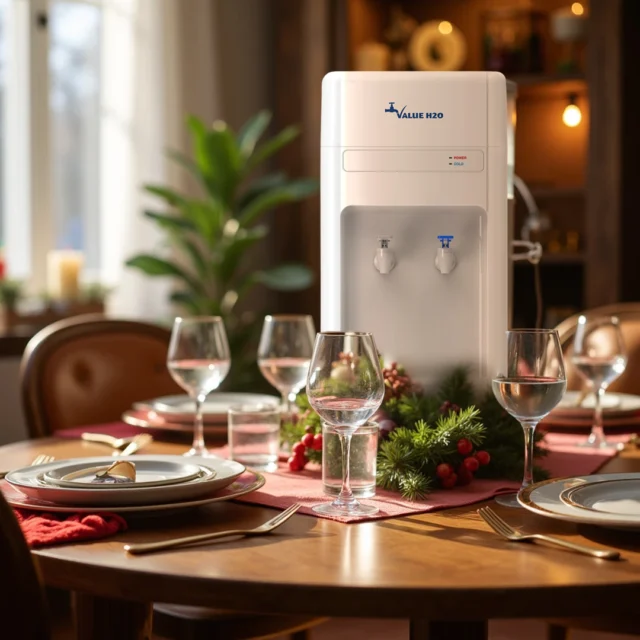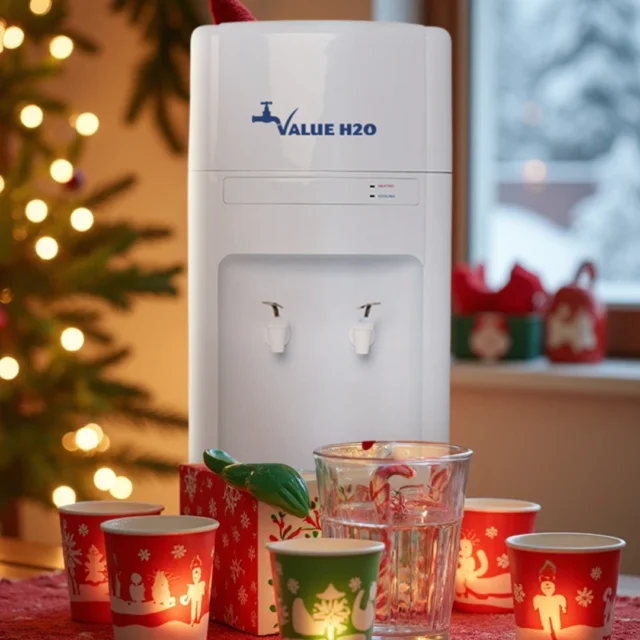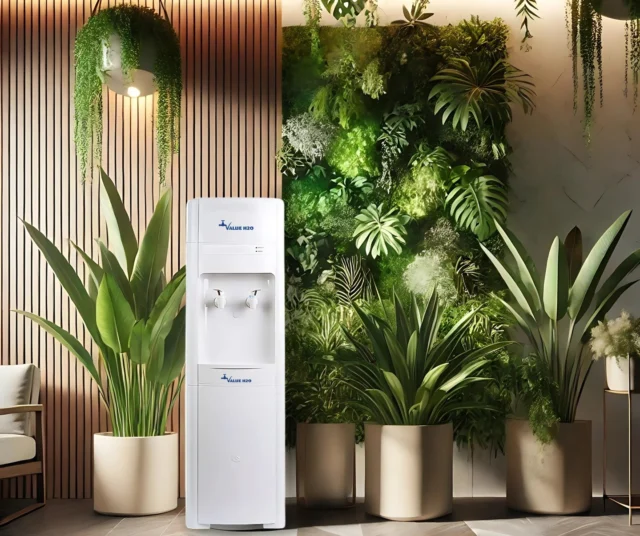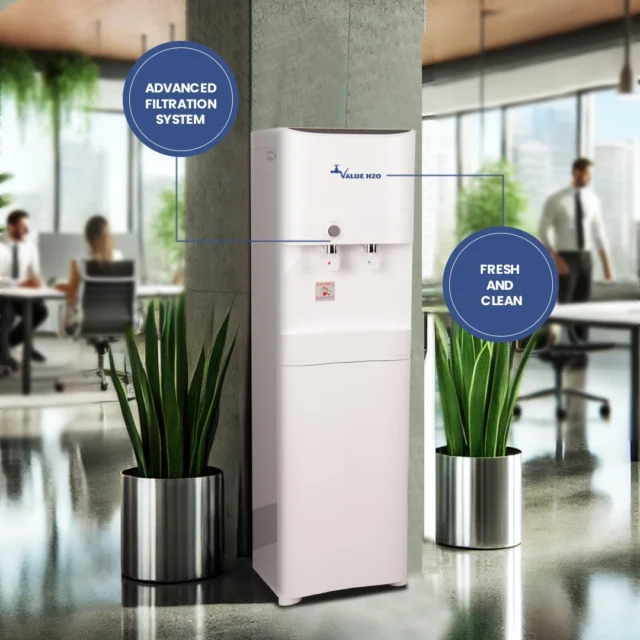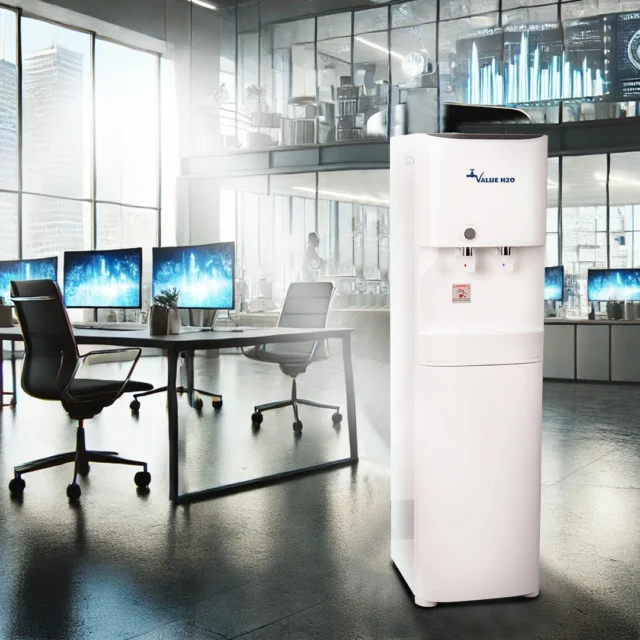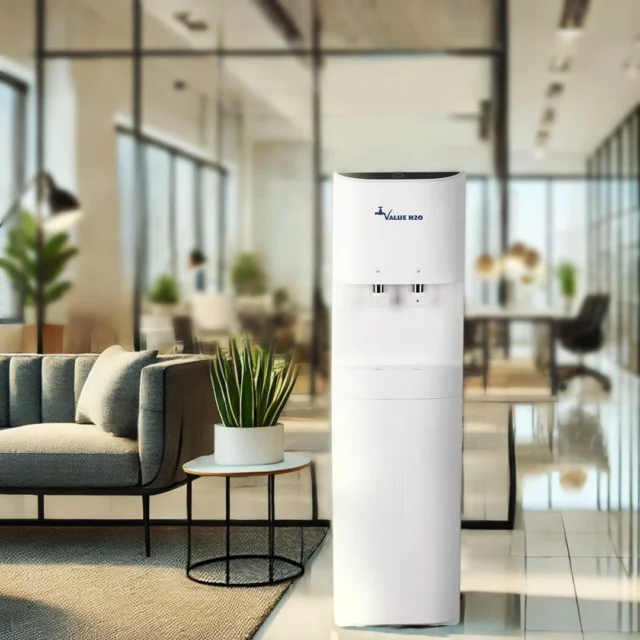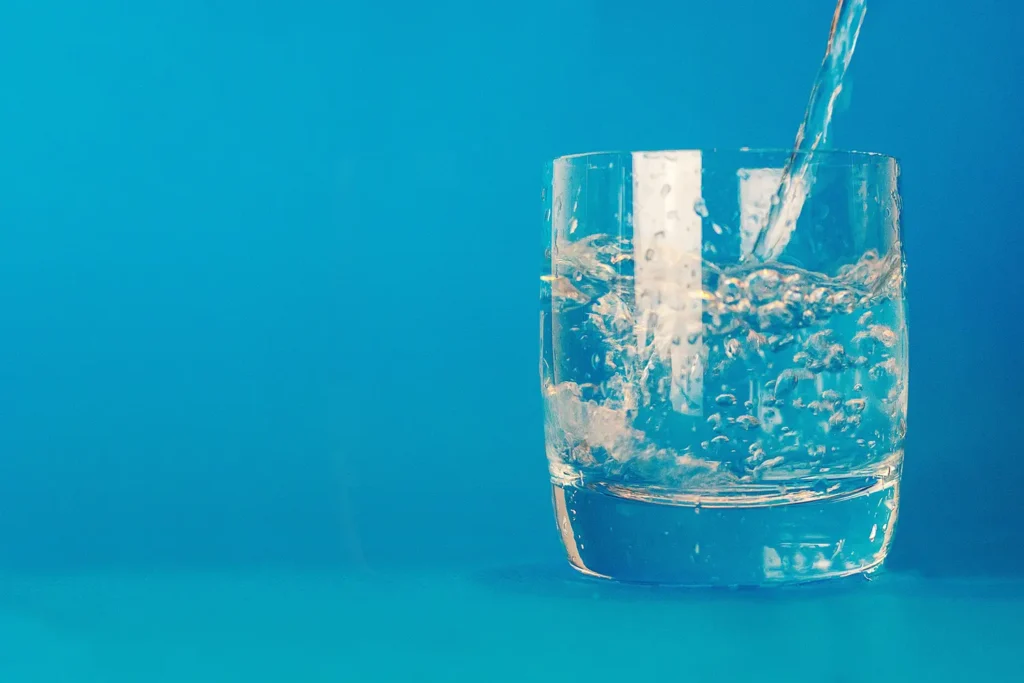
Introduction
Water coolers have come a long way from the simple devices that provided chilled water to office workers. As technological advancements continue to shape the workplace, water cooler technology has also evolved, offering new features that enhance convenience, efficiency, and sustainability. Modern water coolers are designed to do more than just provide hydration—they now come with smart technology, energy-efficient systems, and customisation options that cater to a wide range of workplace needs. In this article, we explore the latest innovations in water cooler technology and how they are transforming office hydration.
Smart Water Coolers
One of the most exciting advancements in water cooler technology is the introduction of smart water coolers. These units are equipped with sensors and connectivity features that allow users to monitor water consumption, detect when maintenance is needed, and even track filter replacements automatically. With smart technology, offices can optimise their hydration systems, ensuring that coolers are always running efficiently while reducing the risk of downtime due to maintenance issues.
Touchless Dispensing for Hygiene
In the wake of the COVID-19 pandemic, hygiene has become a top priority in the workplace. Touchless water coolers offer a hygienic solution by allowing users to dispense water without having to physically touch any part of the cooler. These systems often use sensors to detect when a hand or bottle is nearby, making it easy to fill up without spreading germs. This innovation is particularly beneficial for high-traffic offices where cleanliness is essential for maintaining a healthy environment.
Energy-Efficient Water Coolers
Sustainability is a growing concern for businesses, and energy-efficient water coolers are helping offices reduce their environmental footprint. Modern water coolers are designed with eco-friendly features, such as energy-saving modes that allow the cooler to operate more efficiently during off-peak hours. Some models also use advanced insulation techniques to maintain water temperature without relying heavily on electricity, reducing energy consumption and lowering utility costs.
Advanced Filtration Systems
Ensuring that employees have access to clean, fresh water is a top priority for any workplace. Advanced filtration systems in today’s water coolers go beyond standard filtering by removing impurities, contaminants, and even odours from the water. Some systems also include multi-stage filters that target specific issues such as hard water or chlorine. These filters ensure that every glass of water is as pure and refreshing as possible, promoting health and well-being among staff.
Temperature Customisation Options
Modern water coolers now offer customisable temperature settings, allowing users to choose between cold, room temperature, and even hot water. This versatility is perfect for workplaces where employees have diverse preferences—whether it’s a cool drink on a hot day or hot water for tea and coffee. With temperature customisation, employees can enjoy water at their preferred temperature, making hydration a more pleasant experience.
Compact and Space-Saving Designs
For offices with limited space, compact water cooler designs are an ideal solution. Newer models are smaller, sleeker, and more efficient, offering the same benefits of larger coolers but in a size that fits more easily into tight spaces. These space-saving designs are perfect for smaller offices, break rooms, or co-working spaces where functionality and aesthetics are equally important.
Bottleless Water Coolers for Sustainability
One of the most significant innovations in water cooler technology is the rise of bottleless water coolers. These coolers are connected directly to the office’s mains water supply, eliminating the need for plastic water bottles. Bottleless systems not only reduce plastic waste but also offer a continuous supply of filtered water, making them a more sustainable and convenient option for modern workplaces. With no need to replace heavy bottles, businesses can reduce their environmental impact while also saving time and money.
UV-C Light Technology for Sanitisation
Keeping water coolers clean and bacteria-free is essential, especially in busy workplaces. UV-C light technology is a cutting-edge innovation used in some water coolers to sanitise the water and internal components. This technology uses ultraviolet light to kill bacteria and other microorganisms, ensuring that the water remains clean and safe to drink. By incorporating UV-C technology, water coolers provide an extra layer of protection for office hydration systems.
Customisation for Branding and Office Aesthetics
In today’s workplaces, water coolers are not just functional—they can also be customised to fit the office’s brand and aesthetic. Many water cooler models now offer customisation options that allow businesses to add their logo, choose colours that match their decor, or select a design that complements the office environment. This small detail can make a big difference in creating a cohesive, branded workspace, while still ensuring that employees have access to high-quality hydration.
Conclusion: Embracing the Future of Water Cooler Technology
The latest innovations in water cooler technology are transforming the way workplaces approach hydration. From smart systems and touchless dispensing to advanced filtration and energy-efficient designs, modern water coolers offer a range of benefits that go beyond simply providing water. At Value H2O, we are committed to offering the most advanced water coolers to help businesses create healthier, more sustainable, and more welcoming office environments. By embracing these technological advancements, businesses can enhance both the employee experience and the overall efficiency of their workplace.
FAQs Answered:
What are the three types of water cooling methods?
The three main types of water cooling methods are:
- Once-through cooling: Water is drawn from a natural source (like a lake or river), used to cool equipment, and then discharged back into the environment.
- Closed-loop cooling: Water circulates in a closed system, absorbing heat from equipment and then releasing it in a heat exchanger or cooling tower.
- Evaporative cooling: Water absorbs heat from equipment and evaporates, which reduces the temperature of the remaining water and cools the system.
What is the working principle of a water cooler?
The working principle of a water cooler is based on heat exchange. The cooler uses a refrigeration cycle to cool the water. Heat is absorbed from the water, which is then transferred to a refrigerant. The refrigerant releases the heat to the surroundings through a condenser, leaving behind chilled water ready to be dispensed.
What is the science behind the water cooler?
Water coolers use basic thermodynamics and heat transfer principles. By using a refrigeration system, water coolers lower the temperature of water by transferring heat from the water to the surrounding air via a refrigerant. This process ensures a continuous supply of cold water while maintaining an efficient heat exchange.
Do water coolers really work?
Yes, water coolers are highly effective at providing chilled or even hot water for consumption. Modern water coolers are designed with advanced filtration and temperature control systems, ensuring that they efficiently cool (or heat) the water while offering clean, refreshing hydration. They are reliable in both homes and office environments.
